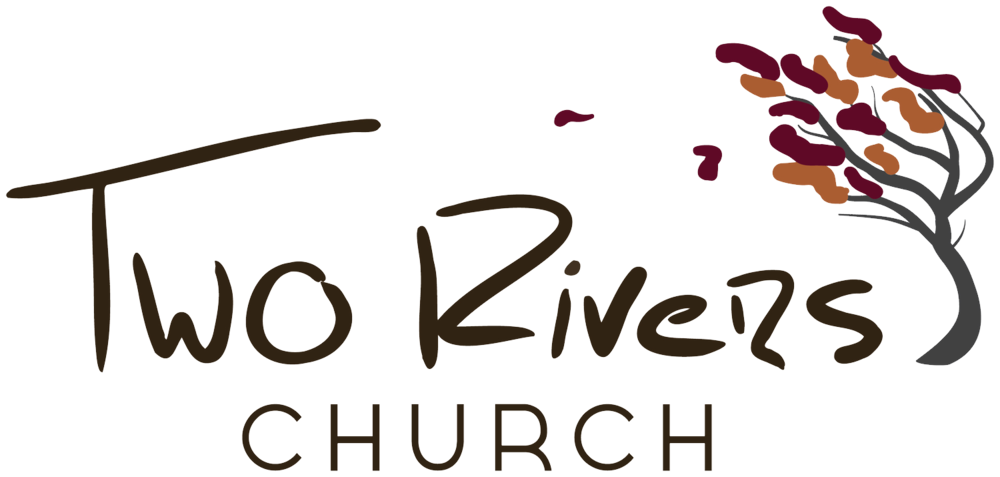From Richard Beck’s Experimental Theology:
Shame isn't very popular. Neither is guilt. But I can't shake the conviction that, at root, these emotions aren't pathological. In fact, they ground our humanity. If we lost shame and guilt we wouldn't be human, and people who lack a capacity for shame and guilt have a name. We call them sociopaths. To be sure, guilt and shame can become pathological. But what I'm talking about is the innate goodness of these emotions, how they provide us with emotional information when we've caused harm. We need that information. Otherwise, we'd do even more harm.
If you're like me, you are haunted by shame and guilt. Memories. But what I don't want is for someone to tell me that these feelings don't matter. I do not want evasion or minimizing. I want and need an honest accounting. To me, that is what the cross gives me. An honest picture of my guilt and shame. I see in the cross, along with all humanity, all the damage and harm that I have done. There I stand, a sinner. And yet there, in that exact same space, I am met with the kindness of God. Mercy, grace, and forgiveness. And it's the juxtaposition and intersection of these two experiences which creates the overwhelming power of the Christian faith. For it is precisely where I'm stripped naked, where my shame is wholly exposed, where all the sad, hard truths are shouted aloud, and all the skeletons drug out of my closet and into the daylight, precisely there I am met with tenderness and embraced in love.
This, I submit, is the great power of the cross. The cross exposes our shame and guilt. We stand before it as sinners. No minimization, so secrets, no evasion. And precisely there, in that moment, we are met with the kindness of God. Just look at the cross, both things are happening simultaneously. Shame and kindness meet.
